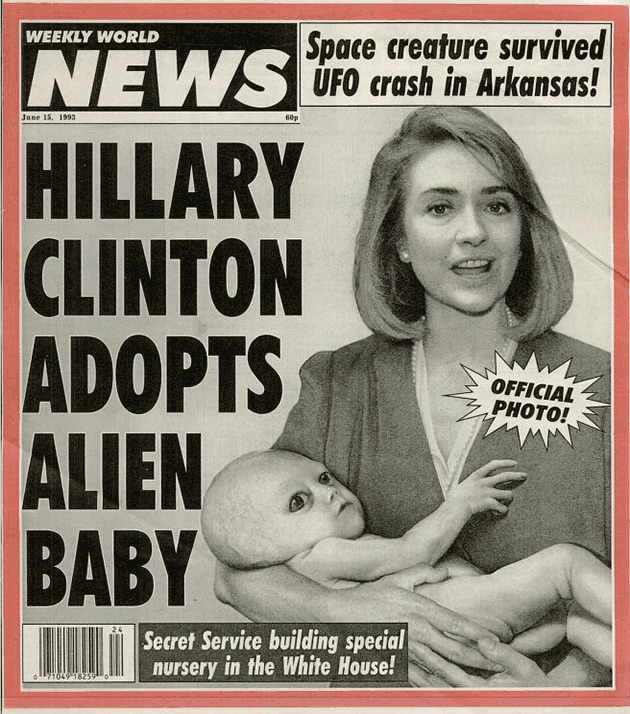Fake news or false news?
Ken Piper, June 7, 2017
The prevalence of “fake news” on the internet has been a hot topic recently. We have learned to be wary of so-called news that we read on the internet, as we are with sensationalist tabloid stories. However, we often take for granted what we read in newspapers or magazines, or hear on the radio or television. Is it really any better? “If it’s on TV, it must be true!”
Over the years, I have noticed that the news I read in newspapers or news magazines is full of factual errors. Nearly every article that is about something I know, is wrong in some way. Radio and television news is the same, not just minor details, but major omissions and factual errors. In some cases, it is apparently because the writer and the editor are not subject matter experts. I notice this in scientific or technical articles in subject areas with which I am familiar. In other cases, it is factual errors about an event that has happened, or about a person I know. This may be because of misinformation the writer received and didn’t verify, false assumptions about the who and what of an event, or just plain sloppy reporting. The editors often make this worse by giving the article a title that contradicts the information in the article itself.
Let me emphasize, this is almost every news report that is about something that I know absolutely! So, what does this mean about everything else in the news – the articles on something I don’t already know about? Without having done a public survey of news accuracy, I can only assume that all news is chock-full of falsehoods – why would it be limited to my areas of expertise?
Is this fake news or false news? If it is intentionally wrong, with the purpose of misleading the reader, as is the case in many internet articles or tabloids sold at the grocery store checkout counter, then it is obviously fake news. If it is honest mistakes, even from sloppy reporting, it is false news. What if it is dissemination of information by someone who is seen as an expert, or claims to be an expert, but is not?
Bill Nye the “Science Guy” comes to mind. He seems to know a lot about science (could be his writers), but he is not really a scientist and besides, can’t be an expert in all the areas of science he talks about. He was a mechanical engineer, and Wikipedia (correctly, in my view) labels him a “science communicator.” So, when he says something that is either factually wrong, or presents something as a certainty that is still under debate, is that fake news or false news?
The president regularly tweets about “fake news.” In some cases it may be fake news; more commonly it is probably false news, or just something he doesn’t agree with. When a political party pays people to agitate at an adversary’s campaign rally, is that fake news? The event really happened, but the real news is that it was a fake protest.
Can we even trust peer-reviewed scientific journals? As scientists have become advocates for their personal beliefs, it is becoming obvious that the reviewers and editors are often becoming censors of things they don’t agree with or that don’t fit their social agenda. Because of this, some researchers are advocating self-publishing on the internet as a way around the problem. But without the prestige of a known journal, it is hard to get anyone to even find your work on the internet, let alone bother to read it.
So, how can we know the truth about anything? We can’t trust the news, and maybe not even the scientific literature, so should we just not read or listen to it? Many people only watch news channels that fit their political point of view. So, they are missing out on opposing viewpoints. Maybe it doesn’t matter. If they can’t get really true news, false news is the best they can get and they don’t trust the other stations anyway. After all, they are just “fake news.”

